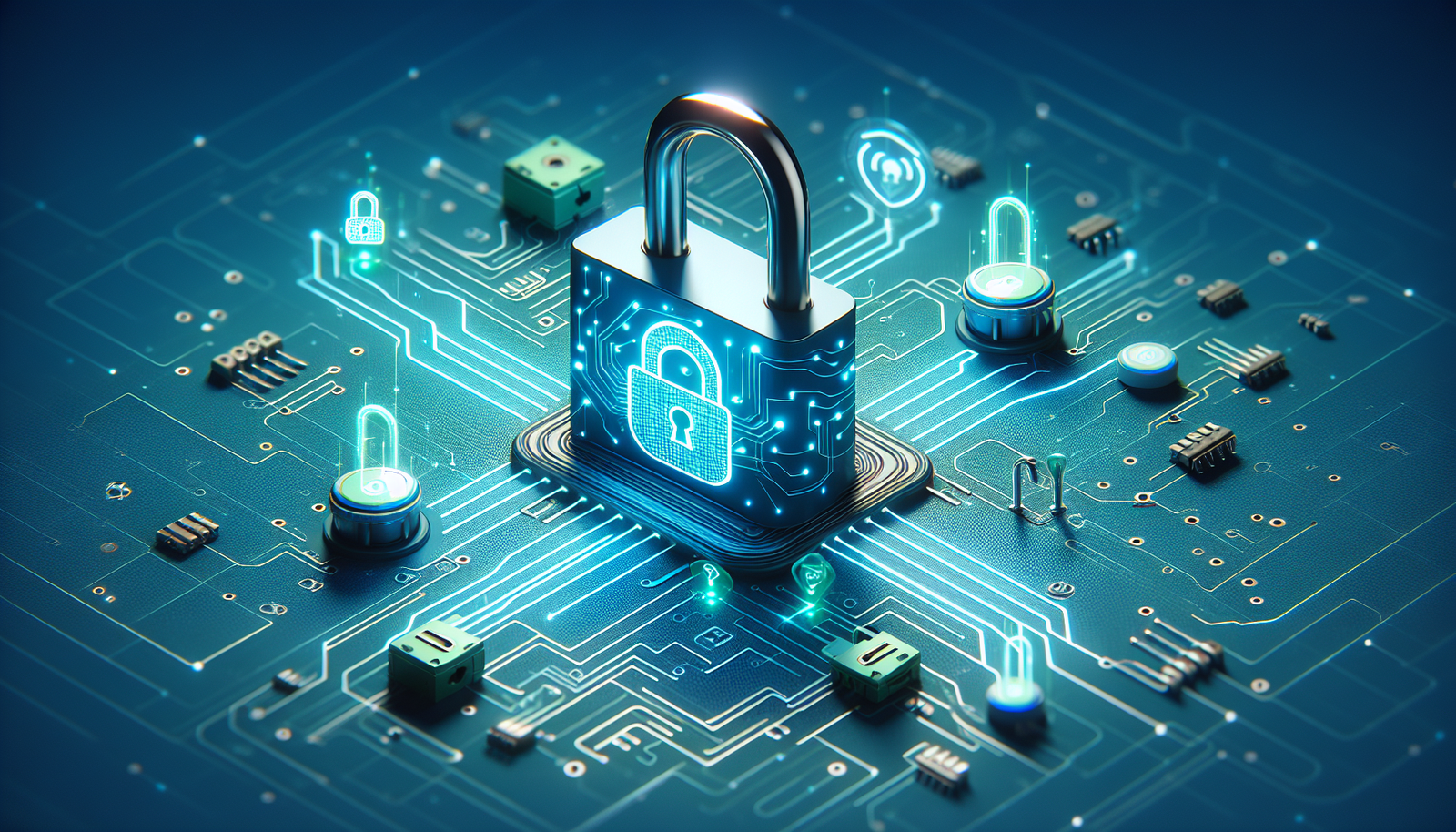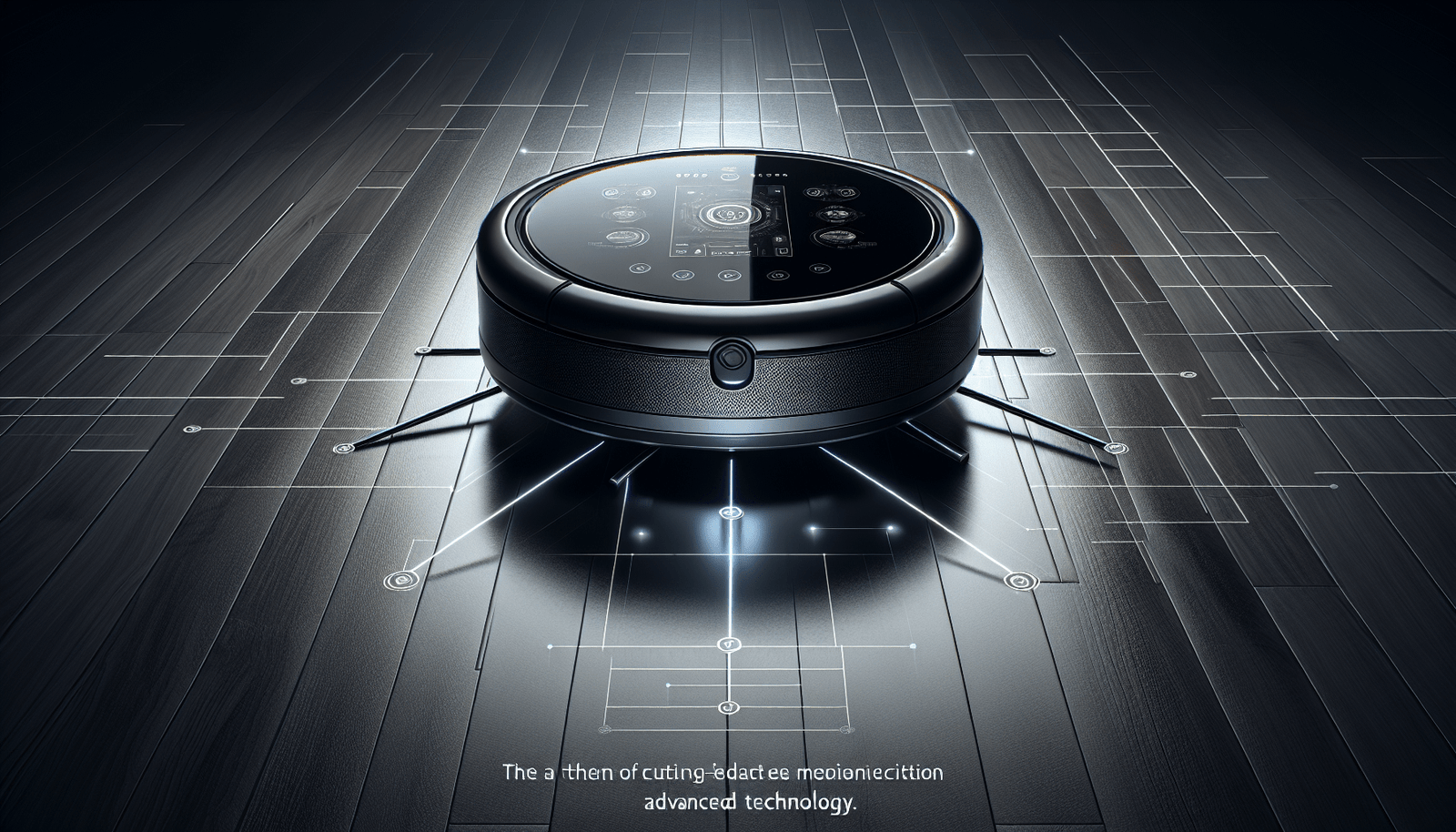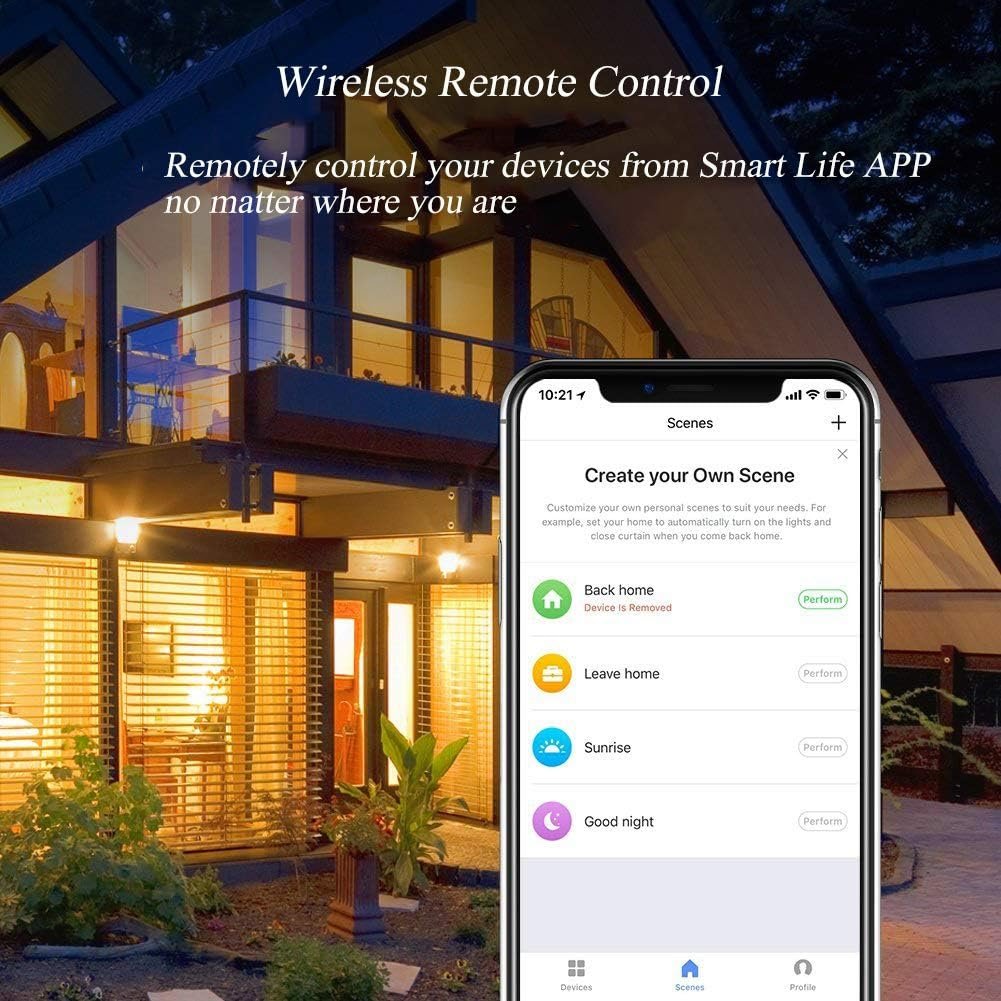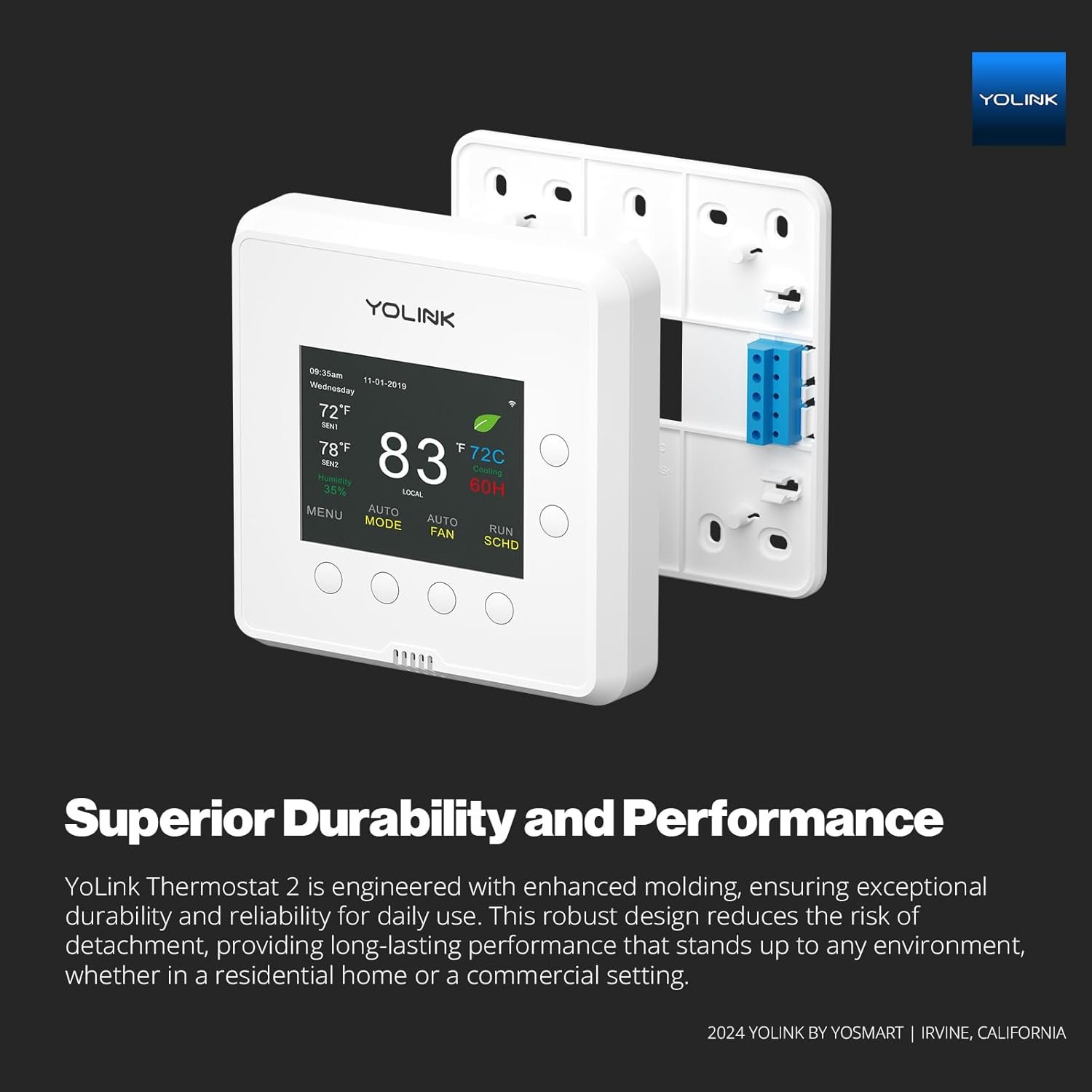Have you ever wondered just how much of your personal information is being accessed or shared by your smart home devices? In a world where technology seamlessly integrates into our daily lives, understanding the importance of privacy in your smart home is essential. Let’s take a friendly stroll through the nuances of smart home privacy, ensuring your living environment is as secure and efficient as it is innovative.
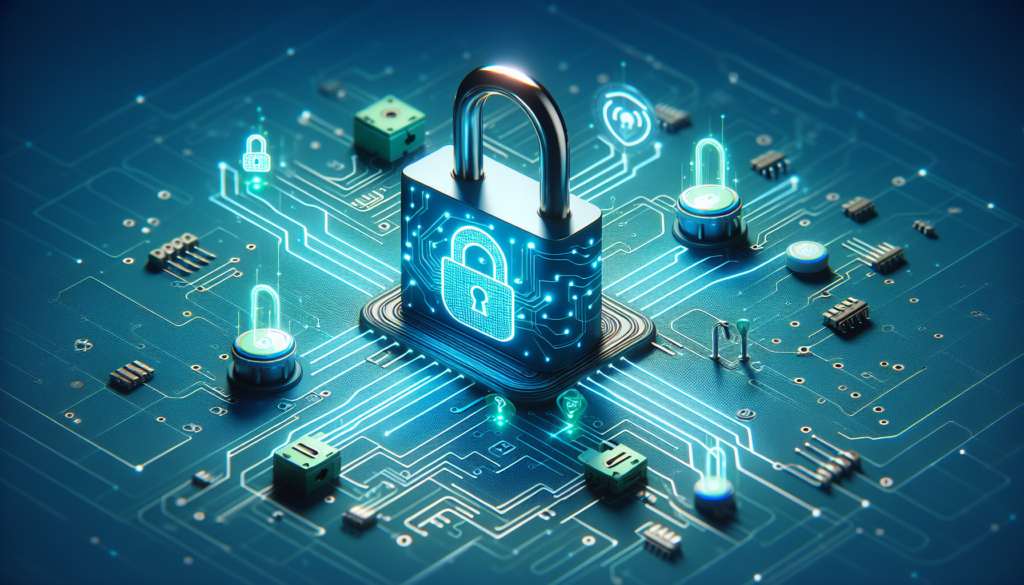
What Are Smart Home Devices?
Smart home devices refer to a variety of gadgets and tools designed to automate and enhance your living space through connectivity and advanced technologies. From smart thermostats monitoring your energy usage to smart speakers playing your favorite tunes, these devices are a marvel of modern convenience. Yet, with great power comes great responsibility, particularly concerning data privacy.
Why Privacy Matters in Smart Homes
Privacy concerns arise due to the vast amount of personal information these smart devices collect. Every interaction, whether it’s adjusting the thermostat or asking your virtual assistant a question, can get recorded and potentially accessed by third parties. Understanding why privacy matters will help you make informed decisions about the technology you integrate into your home.
Understanding the Basics of Smart Home Technology
Smart home technology takes into account a network of interconnected devices that communicate with each other via the internet or local networks. This connectivity makes your devices “smart,” allowing you to control and automate household functions for an easier and more energy-efficient lifestyle.
Components of a Smart Home
The main components of a smart home include:
- Smart Speakers: Such as Amazon Echo or Google Home, which allow voice control of other smart devices.
- Smart Thermostats: Devices like the Nest Thermostat, which optimize heating and cooling based on your habits.
- Smart Lights: Systems that can be dimmed or turned on/off remotely.
- Security Cameras and Systems: Providing real-time surveillance and alerts.
- Smart Appliances: Refrigerators, washing machines, and ovens that offer advanced features.
Interconnected Ecosystems
These devices typically connect through hubs or directly with your Wi-Fi, creating an ecosystem where everything from security cameras to lightbulbs is controllable via your smartphone, voice commands, or even automated routines.
Privacy Concerns in Smart Home Devices
As you integrate more smart devices into your home, it’s crucial to consider the privacy implications. These gadgets often collect vast swathes of data, some of which can be sensitive or personal.
Types of Data Collected
Smart home devices typically collect:
- Behavioral Data: Information on your habits, such as when you turn lights off or what kind of music you play.
- Location Data: Where you are and when, often to optimize device performance.
- Personal Information: If linked to personal accounts, they may access your name, email, and sometimes payment information.
Potential Risks and Vulnerabilities
The main risks associated with data collection include:
- Unauthorized Access: Cybercriminals might hack devices that aren’t well-secured.
- Data Misuse: Companies may use your data for purposes you haven’t agreed to.
- Privacy Invasion: Devices like smart speakers constantly listen for commands, leading to potential inadvertent recordings.
Ensuring Privacy in Your Smart Home
You have the power to protect your privacy while still enjoying the benefits of a smart home. It all boils down to being informed and proactive about your choices.
Research Before You Buy
Before purchasing a smart device:
- Check Privacy Policies: Review how the device collects, uses, and shares your data.
- Look for Security Features: Opt for devices with end-to-end encryption and regular software updates.
Secure Your Network
A secure network acts as the first line of defense:
- Change Default Passwords: Default passwords can be common and easy to crack.
- Use Strong Encryption: Activate WPA3 Wi-Fi encryption.
- Frequent Updates: Regular updates can patch security vulnerabilities.
Manage Permissions
It’s a good idea to:
- Review App Permissions: Only allow necessary access.
- Toggle Microphones/ Cameras Off: When not in use, switch off voice assistants or camera feeds.
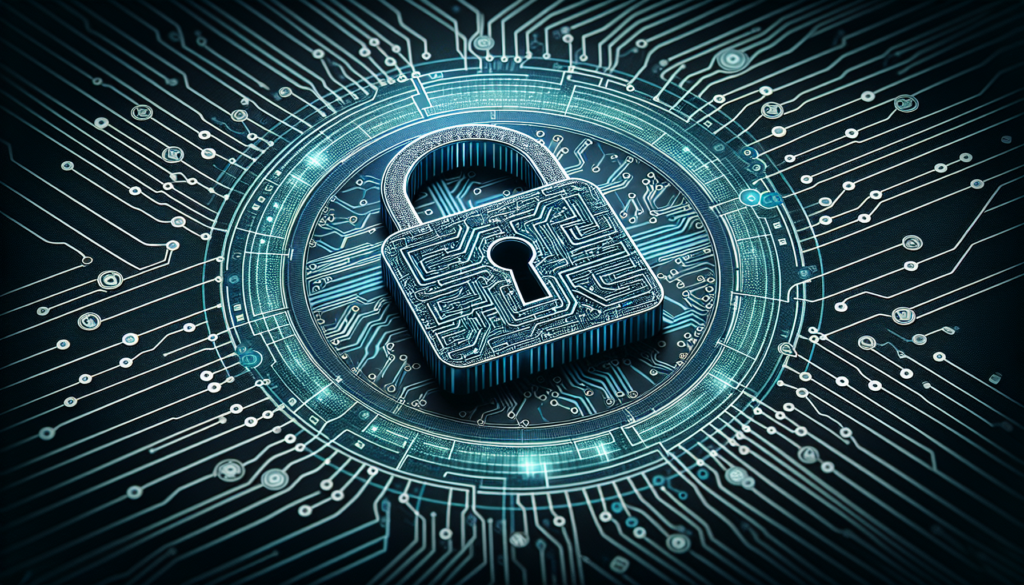
Comparing Costs and Value of Smart Home Devices
While privacy is paramount, understanding the cost dynamics and value proposition of smart home devices can frame your expectations and guide your purchases.
Initial Investment and Ongoing Costs
Smart technology can range from budget-friendly to quite costly depending on features:
| Device Type | Low-End Cost | High-End Cost | Additional Costs |
|---|---|---|---|
| Smart Speaker | $40 | $200 | Subscription services |
| Smart Thermostat | $100 | $250 | Installation fees |
| Smart Security | $100 | $500 | Monitoring subscriptions |
Calculating Return on Investment (ROI)
The primary ROI comes from:
- Energy Savings: Efficiency improvements can lower utility bills.
- Convenience: Time saved from automation contributes to ROI.
- Property Value: Smart homes can potentially lead to higher resale values.
The Role of Compatibility and Connectivity
Compatibility is a key factor to ensure seamless integration of multiple devices into one harmonious system.
Ecosystem Play
Manufacturers often create devices within ecosystems (e.g., Apple HomeKit, Google Assistant) to maximize compatibility and functionality.
Universal Protocols
Some smart home devices utilize universal protocols like Zigbee or Z-Wave to enhance interoperability across different brands and platforms.
Future Trends in Smart Home Technology
The smart home industry continues to grow and evolve, with exciting innovations on the horizon.
Advancements to Watch
Emerging trends include:
- AI Integration: Improved learning algorithms for smarter automation.
- Health Monitoring: Devices that can monitor health metrics, integrating with other health tech.
- Sustainability Focused Devices: Prioritizing green energy and sustainability.
Preparing for Future Innovations
Being aware of trends and consulting experts can help you both future-proof your home and stay ahead of privacy challenges.
Conclusion
Respecting and safeguarding your privacy does not have to mean compromising on the conveniences and efficiencies smart home technology can provide. By understanding how privacy can be protected, you can enjoy your connected living space with peace of mind. Take control of your smart home privacy today, and make informed decisions that support a more secure and enjoyable lifestyle.
Ultimately, by being selective and proactive, you’ll be well-equipped to reap the benefits of modern smart home living without sacrificing your personal privacy.
